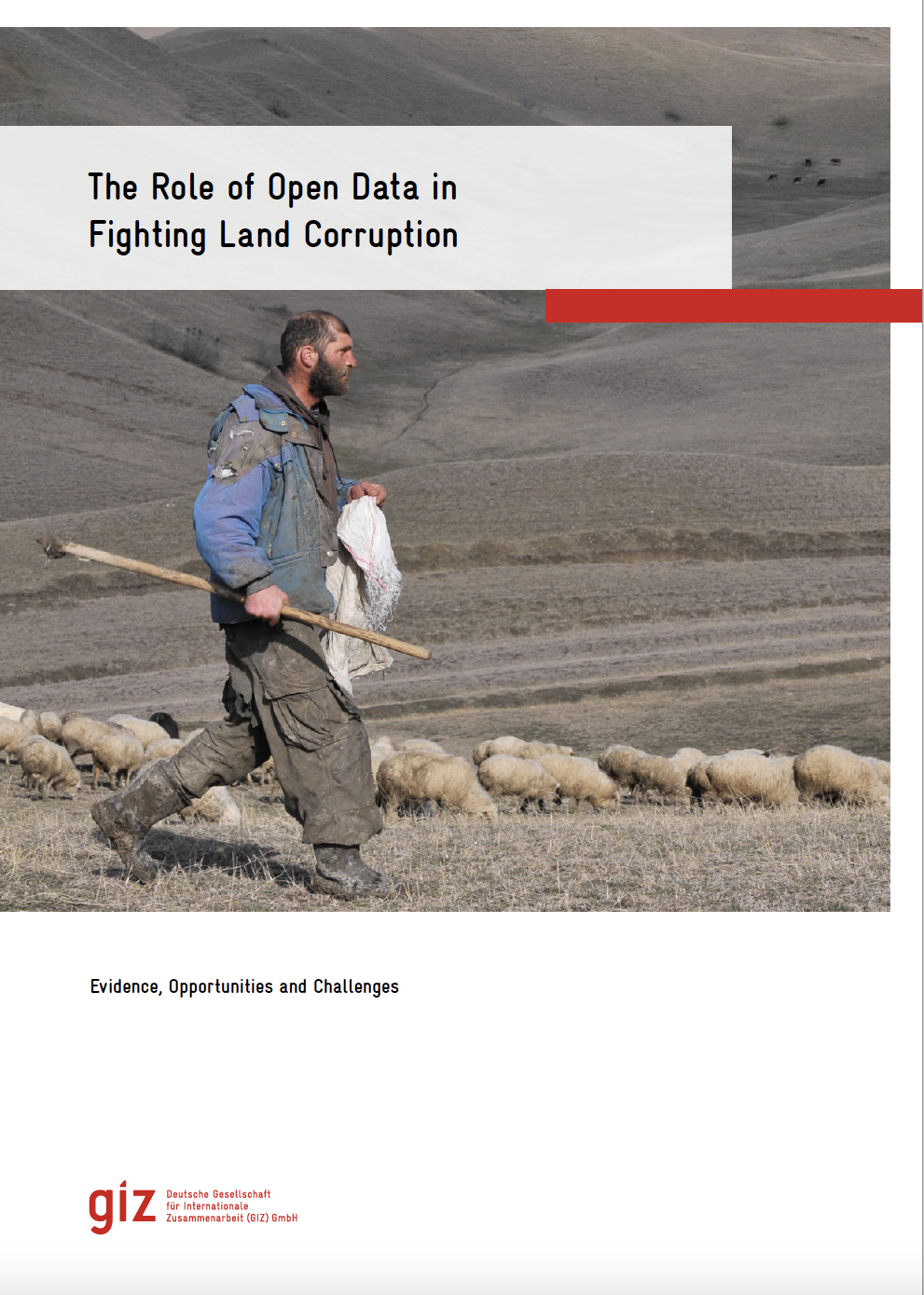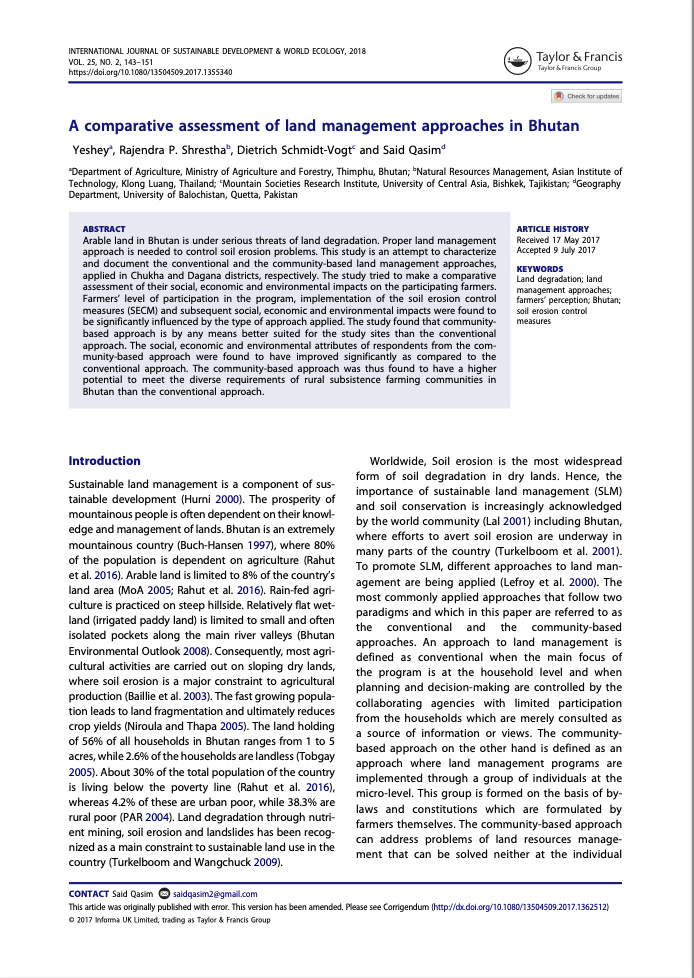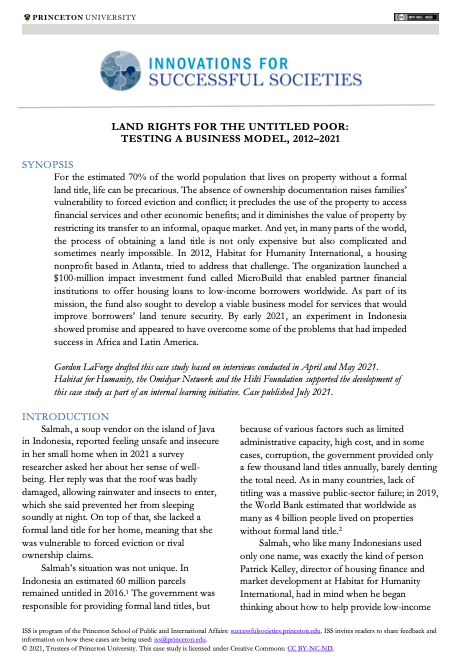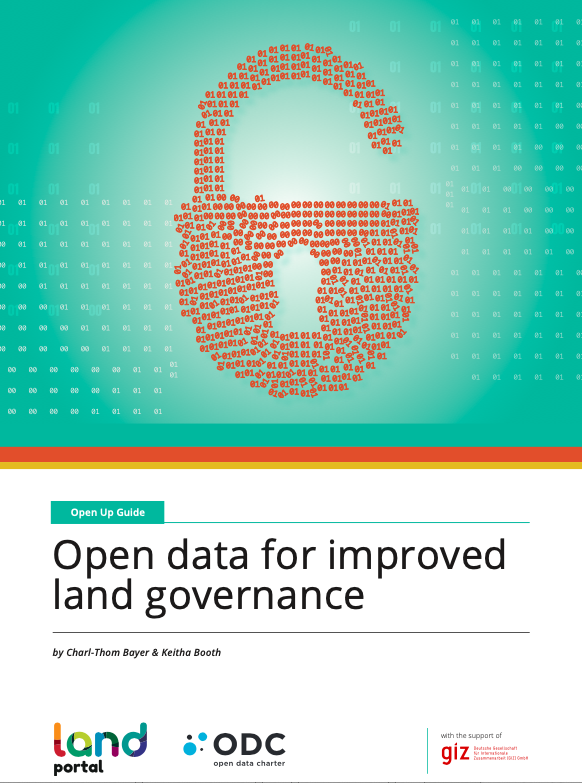Challenging conventional wisdom: smallholder perceptions of land access and tenure security in the Cotton Belt of Mozambique
A new land law went into effect in January 1998 in Mozambique. The impetus behind these actions was the belief that a new legal and regulatory framework was necessary to reduce the frequency of land conflicts between largeholders and smallholders while simultaneously promoting much-needed investment in the agricultural sector.With empirical evidence presented in this report, based on smallholder survey data collected from 1994 to 1996, the authors challenge widely held beliefs about land tenure and access in the smallholder sector in Mozambique.









